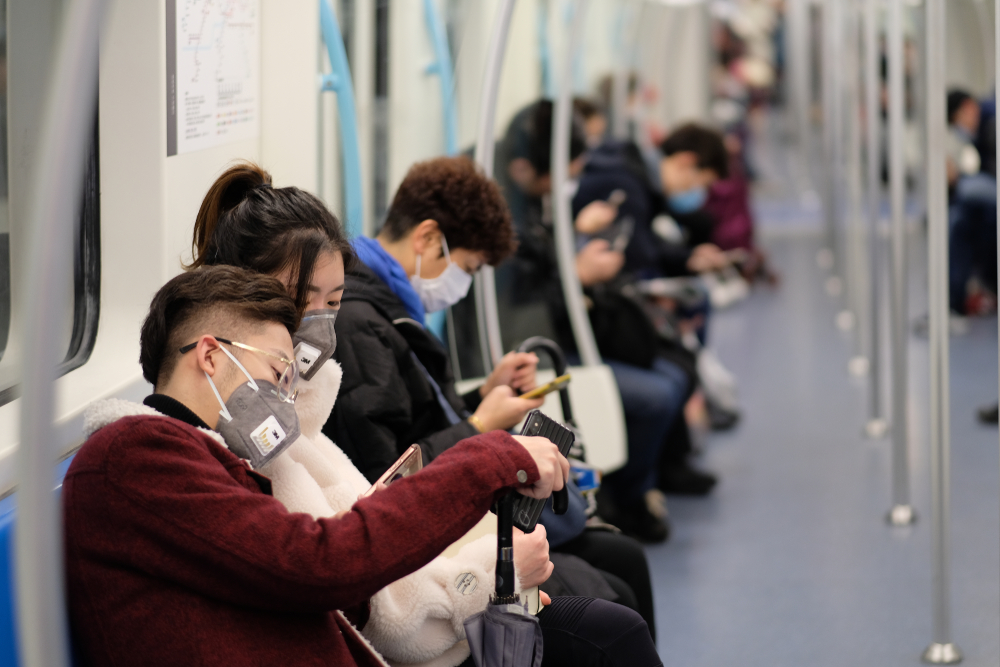!This information is no longer current. All public health agencies now recommend masks or cloth face coverings as one of the essential tools for preventing of COVID-19 transmission and spread.
Recently, TSS offices have received calls from people asking about getting fittings for N95 surgical masks due to their concerns over the coronavirus.
According to experts, however, the public should not view these masks as the best solution for preventing infection for the disease. They advise that wearing a mask is really for people already showing symptoms of coronavirus, their caregivers and healthcare professionals, than for healthy people who want to avoid getting sick.
The Centers for Disease Control and Prevention states that it does not recommend that “people who are well wear a facemask to protect themselves from respiratory diseases, including COVID-19,” the disease caused by the coronavirus. The CDC says that putting on a face mask without proper fitting and training can actually increase your risk. Furthermore, the CDC stresses the need for an adequate supply of masks for the health and medical personnel who rely on them.
In an article posted by CBS.com, Health and Human Services Secretary Alex Azar is quoted as telling a House Appropriations subcommittee that if a mask is not fitted properly, “you’re going to fumble with it. You’re going to be touching your face, which is the No. 1 way you’re going to get the disease – unclean hands touching your face.”
On the other hand, if you are already coughing and showing symptoms of possible coronavirus illness, that’s when wearing a mask could help protect those around you.
“The data on the effectiveness of masks for preventing respiratory virus infections is not very clear, ” explains Dr. Andrew Stanley Pekosz of Johns Hopkins’ Bloomberg School of Public Health in the CBS article. “The best data suggests that if you are ill and showing symptoms, wearing a mask can reduce the chances that you spread the virus to others.”
Experts agree that common, cloth surgical masks are not generally effective. Meanwhile, the N95 respirator mask, if properly fitted, can block large-particle droplets that may contain germs, but the FDA warns they cannot filter out “very small particles in the air that may be transmitted by coughs [or] sneezes .”
“An N95 mask is the one that is most practical,” Pekosz tells CBS. “It stops 95 percent of particles of a certain size. There is an N99 mask, which blocks 99 percent of particles, but that mask is difficult to wear for long periods of time because it is hard to breathe through it.”
Pekosz advises that if people choose to ignore expert recommendations and wear a mask anyway, they need to be aware of limitations like the lifespan of the mask. The most common face masks on the market are disposable and single-use. Each one of those is only good for a few hours.
What does work?
While masks are not the solution, there are CDC recommended steps that can help you stay healthy. First and foremost, wash your hands often, for at least 20 seconds, using soap and water and avoid touching your face. Others include:
- Avoid close contact with people who are sick.
- Stay home when you are sick.
- Cover your cough or sneeze with a tissue, then throw the tissue in the trash.
- Clean and disinfect frequently touched objects and surfaces using a regular household cleaning spray or wipe.
For more information about the coronavirus and staying healthy visit the CDC website for an excellent array of resources.

